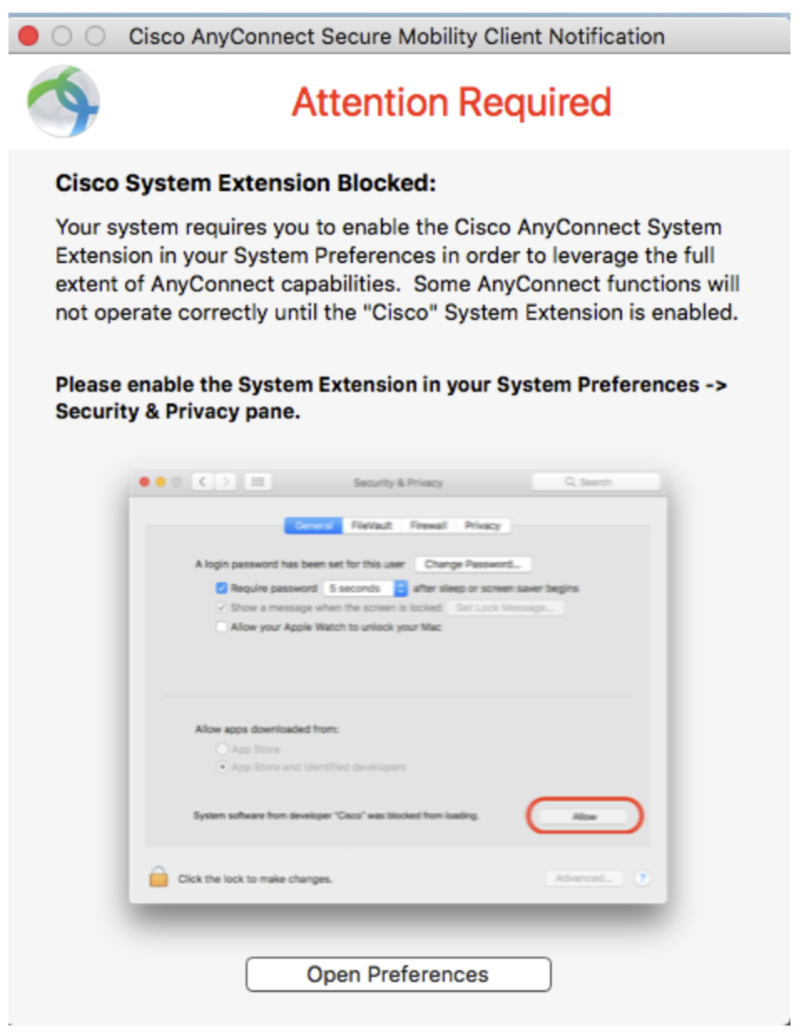Cisco AnyConnect is only available on Linux, Windows 7, 8, 8.1 and 10 users and MAC OS X 10.8 and higher. Highlight connection entry should be “ vpn.its.psu.edu.
- Human Resources is in mid-transition from the Office of the President Virtual Desktop (VDI) technology to new laptops. For those individuals who are still using the VDI solution, you can remotely access your VDI from any computer with Internet Access, no VPN required.
- Take A Sneak Peak At The Movies Coming Out This Week (8/12) Taking your child to a movie theatre for the first time; New Movie Releases This Weekend: April 16th – April 18th.
- If you do not have the VPN software installed on your device, visit and select 'Connecting to Penn State” and then “VPN – Virtual Private Network (AnyConnect).” Click on your unit below for VPN instructions using a University laptop. Auxiliary & Business Services; Bursar's Office; Human Resources.
Special Notice

- Users must authenticate with Duo Security when logging in to the VPN service.
- These include users in the Student, Faculty and Staff, Student Health Center, and OIT Staff groups.
- This further protects Unity credentials and campus resources against cyber threats.

Access to NC State Computing Resources from off campus
- NC State students, faculty, and staff who are off the NC State campus are reminded to use the Virtual Private Networking (VPN) service when connecting to the campus network to access sensitive data.
- They can do so by installing Cisco AnyConnect SSL VPN client software on their off-campus machines and setting up a Virtual Private Network (VPN).
- Launching the AnyConnect VPN client requires a Unity ID and password to verify the user’s identity.
- Following verification, the program creates an encrypted network connection between the user and the NC State network, allowing access to restricted services.
- All users of the NC State VPN service are subject to NC State’s Computer Use Policy and VPN Acceptable Use Policy.
Installing and Using VPN
To install and use the Cisco AnyConnect VPN software, follow the link below for your operating system or device.
NOTE: Chrome OS is currently NOT supported.
Support
- If you have the Cisco AnyConnect VPN client installed and can access internet sites but cannot establish a VPN connection to NC State, please contact the NC State Help Desk.
- Get Connected
Vpn Penn State
What is a VPN?
The VPN client runs in the background of your computer and allows you to have access to College of Engineering resources.
In order to protect network security, COE VPN restricts access to some COE resources. If you find that you do not have access to a necessary recource, please contact your departmental tech support.
The College of Engineering currently offers VPN access through an application called Global Protect. Installation and operation of a COE-VPN client requires users to use Two Factor Authentication (2FA). If you have not yet signed up for 2FA, visit https://2fa.psu.edu to enroll.
Please note: Utilizing a COEVPN to access college resources, from both privately owned and college owned devices, requires compliance with all COE Computing Policies.
Who uses a VPN?
Cisco Anyconnect Psu Student
Anyone who has the need to access COE resources while away from their office or a network connection can use a VPN.
NOTE: Access to these College of Engineering VPN profiles is restricted to Engineering Faculty, Staff, Students, and non-COE students taking Engineering courses. If you're looking to connect the PSU VPN, please contact the Penn State IT Helpdesk.
